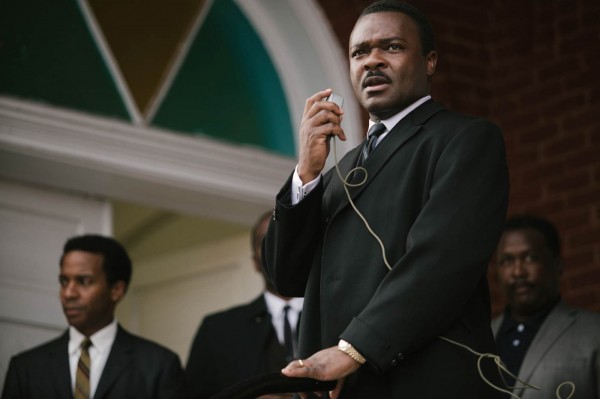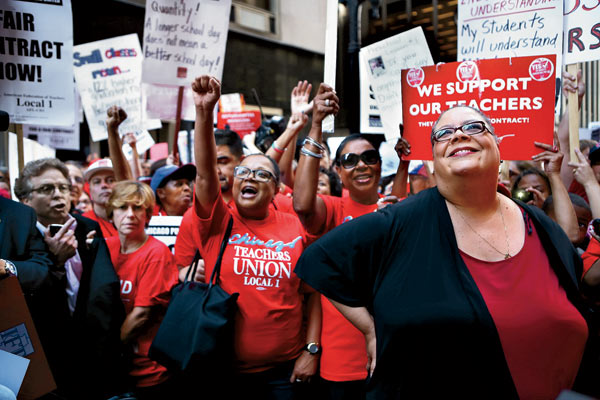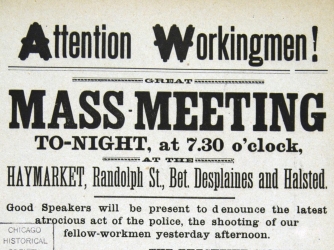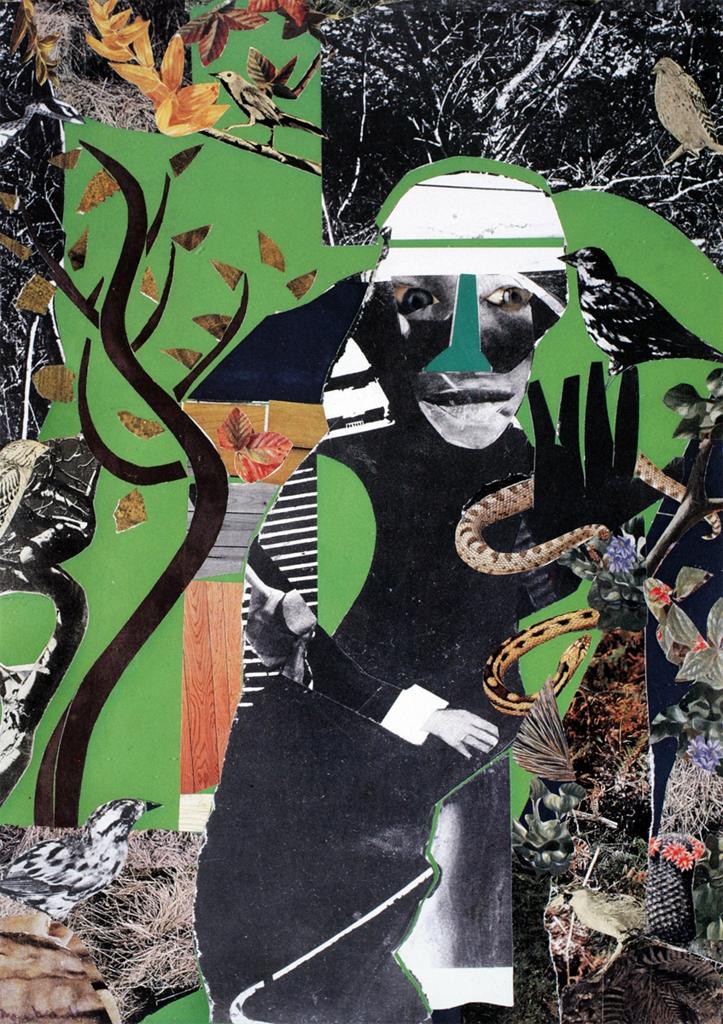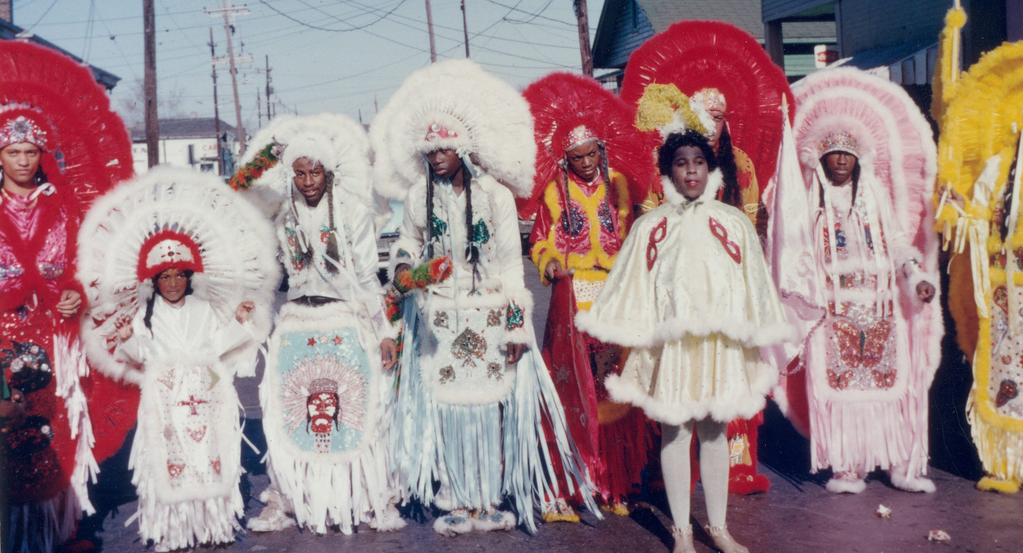
Why Does Angela Glover Blackwell Hate Public Housing? : The Ideological Foundations of Public Housing Dismantlement in the United States and New Orleans
The protestors, through chants, speeches and pamphlets, highlighted the glaring contradiction of a gathering dedicated to “equitable development and social justice” that was simultaneously honoring Richard Baron because of his role in overseeing the destruction of public housing in New Orleans and across the country. Policylink managed this contradiction by redefining social justice as the creation of “communities of opportunity,” rather than ones that guaranteed a right to housing and other basic needs, including the “right to stay put.” Thus, through this lens, “deconcentrating poverty” by refashioning public housing as “mixed income” developments that would include only a fraction of the previous public housing apartments, represented progress. How could they arrive at such an assessment? How did destroying poor people’s homes, and dispersing the former residents, become part of “best practices” for progressive social policy?

